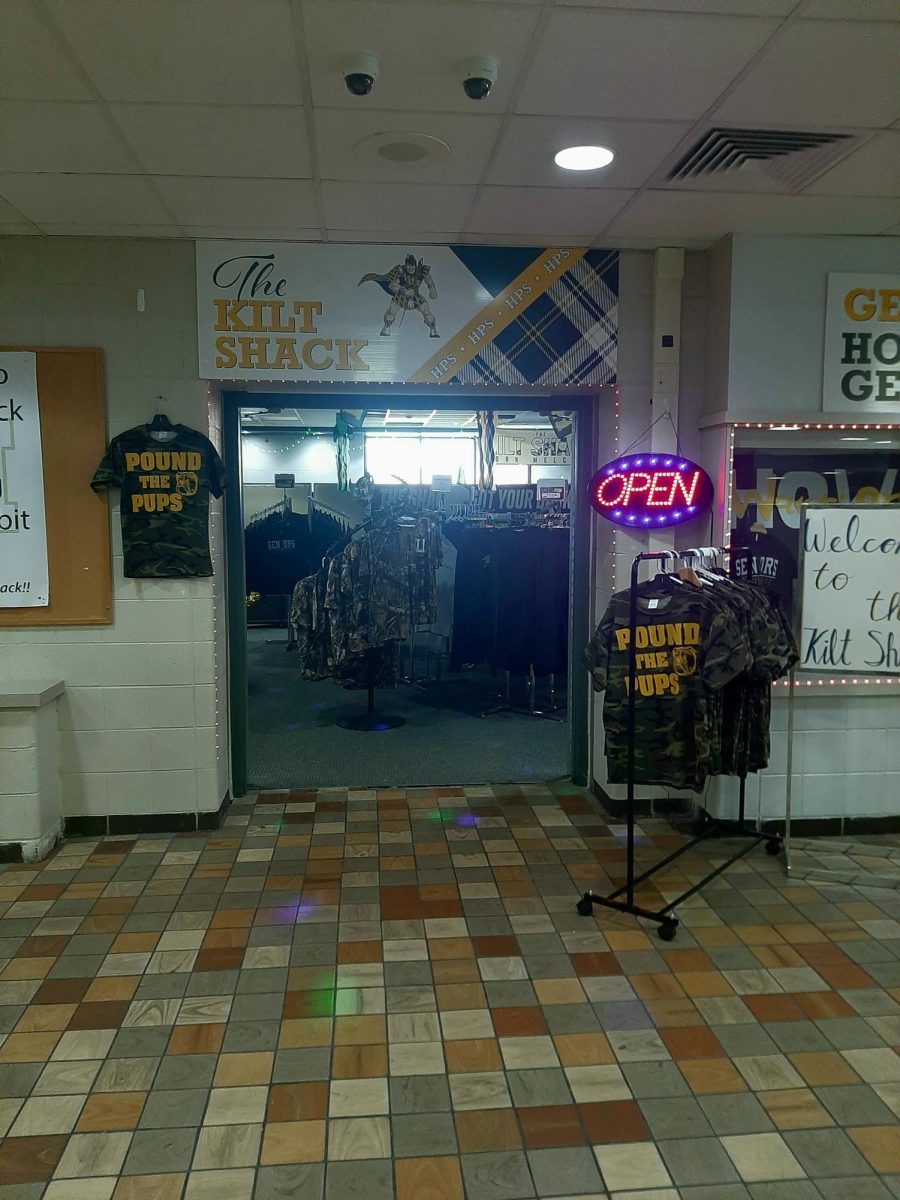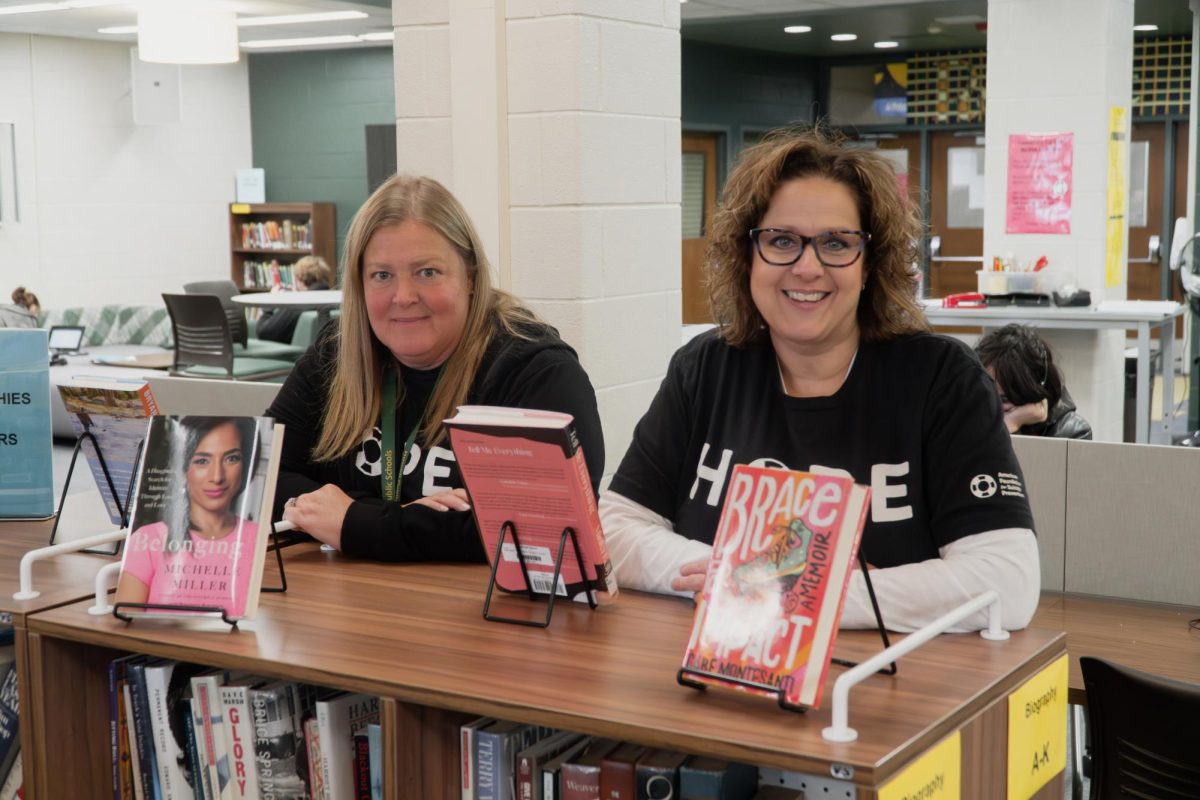 By Editor in Chief: Natalie Dunn
By Editor in Chief: Natalie Dunn
A college application is only a brief overview of a student. It shows what they’ve done in school, and the community service they’ve done that fits one of the school’s predetermined categories.
I went on a campus tour of Adrian College a few months ago, a small private school in lower Michigan. While there, I fell in love with the school and the people there. I had an opportunity to meet the band director – I’ll be participating in the marching band if I attend Adrian – who told me to find him on Facebook to get updates about the band. It sounded like a great idea, and I looked up Dr. Marty Marks that night.
Then at college night a few weeks ago, I met an admissions’ officer from Adrian named Joe. I gave him my information, and the next day I had a friend request from “Joe at Adrian”. I thought that was cool, especially when I got a personal message to tell me when I got accepted to the school.
It didn’t even occur to me until I made a Facebook status that said “Got accepted to Adrian today! :D” and both Dr. Marks and Joe at Adrian liked my status (and Dr. Marks commented “Let’s set up your scholarship audition soon!”) that I realized Adrian College knew everything about me.
Colleges are very aware of the gap between their admissions’ offices and their applicants which is created by the “common app”. That’s why social media is such an incredible tool for the students and the schools alike.
Luckily for me, social media worked to my advantage. I don’t post bad things or swear or hate or instigate on my Facebook page, and I constantly post about band and journalism (the two areas of study I’ll be pursuing in college). I think that reflects well on me as a student and a person. And colleges care as much about the latter as they do the former.
Social media is the perfect way for colleges to evaluate their applicants as people. Regardless of a 4.0 and 300 community service hours, if someone posts “lol got drunk last night #duckface” with the knowledge that an admissions’ officer sees their profile, they’re probably not going to get any scholarships.
According to IvyWise, a website designed to help students through the admissions process, 27 percent of admissions’ officers last year claim to have Googled their applicants. An additional 26 percent looked them up on Facebook, and 35 percent say that what they found had a negative impact on the students’ admission.
Some advice to students whose Facebook account may not be as “school cool” as an admissions’ officer would like to see:
-
Change the setting that allows friends to tag you in photos without your permission. This keeps any unwanted pictures from showing up on your wall.
-
IvyWise makes the suggestion, keep anything you post “Grandparent safe.” Pretend as though you’re friends with your grandma, and don’t post anything she wouldn’t want to see.
-
Be careful what you “like.” Facebook continuously changes settings that determine whether or not the pictures you like are visible to your friends, and it’s best not to take the chance. Don’t like a picture of explicit content, because you never know who else can see it.
-
Be wary of how careless you are with spelling words and using punctuation. If an admissions’ officer can’t even understand what your status says, they probably aren’t going to be too fond of you.
-
Whatever you do, don’t post about how much you hate school.
Though this may seem constricting and unfair, social networking doesn’t have to be a negative thing. It can be used to a student’s advantage, and here’s how:
-
Don’t hesitate to play up your achievements. If you win a big scholarship contest, post about it. If you just got named the VIP on your sports team, post about it. Colleges may see those and think more highly of you.
-
Post about your interests and academic involvement. An admissions’ officer will smile on someone who evidently enjoys what they do.
-
Another piece of advice from IvyWise: follow the schools that interest you. They may post about scholarships you didn’t know about or important deadlines. Most colleges will have a Facebook page, at least, if not a Twitter account to follow.
Social media is playing a larger and larger role in students’ lives, and getting into college is no exception. This, however, doesn’t mean that having a Facebook account is bad. It can be an incredible tool for the wise.
One last helpful hint: I’m going to post this article to my Facebook wall. That way Joe at Adrian is sure to know that I’m a talented writer and that I’d be a great addition to his school’s journalism program.








